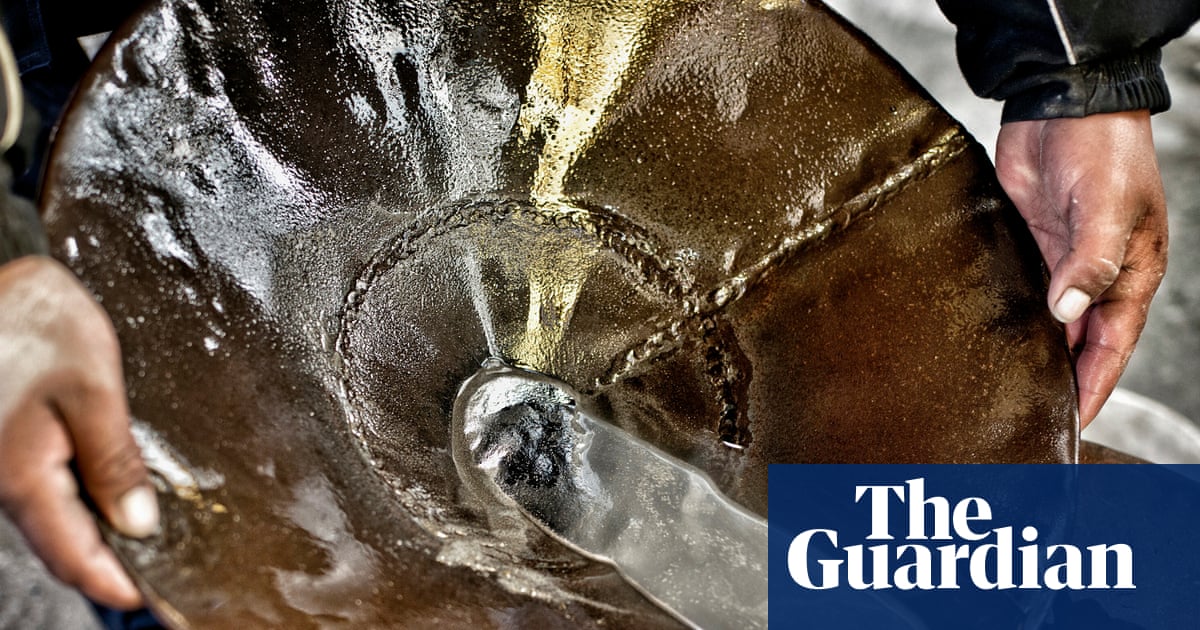
"Mercury is one of the world's 10 deadliest chemicals, and once extracted, it can take centuries to break down. Despite commitments to phase it out, the trade persists."
"The Environmental Investigation Agency report reveals that mercury production in Mexico is out of control, driven by high gold prices and cartel involvement, leading to smuggling into South America."
Mercury, a toxic chemical that can persist in the environment for centuries, remains a significant concern despite agreements to limit its use. In 2013, over 100 countries joined the Minamata convention to restrict mercury production, export, and use. However, countries in Latin America, claiming to have halted production, have only shifted the trade underground, particularly in Mexico, which has become a primary source of illicit mercury. The rise in gold prices has exacerbated the situation, allowing cartels to profit from smuggling operations that damage ecosystems across South America.
Read at www.theguardian.com
Unable to calculate read time
Collection
[
|
...
]